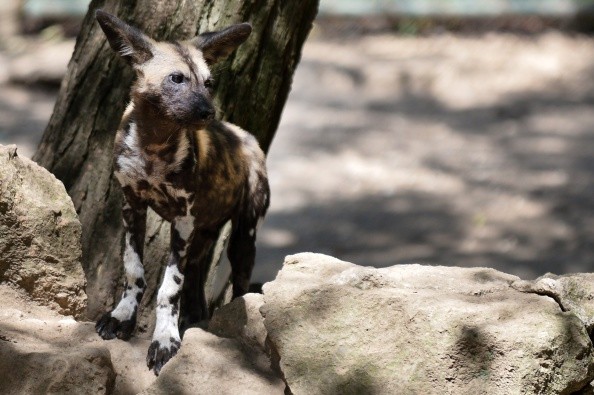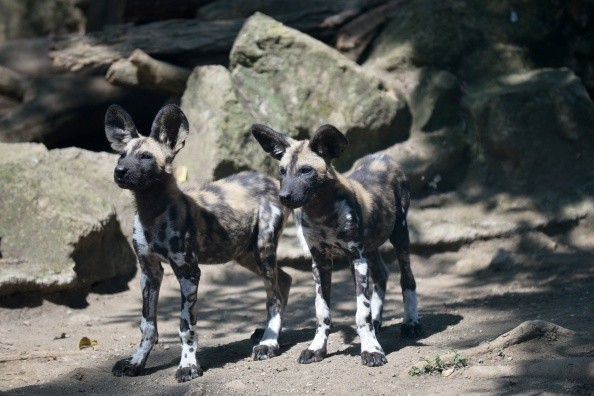Fourteen dogs were conveyed by road and air to a peaceful environment in a country they have been limited in numbers for decades. This is a great win for the endangered species.

The Journey
At night, a pack of African wild dogs flocks all over an impala carcass. Awake and in need of food following 27-hour cross-country journey, this animated event in Liwonde national park is a clue that a mission has been accomplished. African wild dogs have returned back to Malawi.
Cole du Plessis, coordinator of the Wild Dog Range Expansion Project, who supervised the successful relocation of the 14 African wild dogs this week from Mozambique and South Africa to the Liwonde national park in Malawi and Majete wildlife reserve said: "The feeling is absolutely surreal and so emotional. When we flew into Liwonde, on the final leg of the journey, and I saw all the vehicles waiting, I'll admit I got a bit teary. It's such an incredible feeling to finally have the dogs here safely."
Together with helping in the repopulation of both parks, setting up a viable population is included in the international effort to conserve these species - the African wild dog (Lycaon pictus) which means painted wolf in the wild. Just an estimation of 6,600 wild dogs is believed to be remaining on the continent.
Wild Dogs
Du Plessis said: "Wild dogs are the second most endangered carnivore in Africa [after the Ethiopian wolf] and the most endangered in South Africa. We only have about 700 breeding pairs left in the whole of Africa. By increasing their safe space, we can increase pack numbers, population numbers and biodiversity. If we don't intervene, the species will become extinct."
Even though there have not been so many wild dogs sightings in Malawi, and some are known to share their time between Zambia and Kasungu national park in Malawi, Du Plessis reveals that for over 20 years, probably since the 1980s, there haven't been any fixed established packs of wild dogs in Malawi.
The relocated dogs, which include four distinct groups (genetically), were carried in crates, then given sedatives for the flight to Malawi, after that they were put in enclosures in Liwonde and Majete, where the animals will stay and familiarize themselves with the environment for some weeks before being freed into their new wild spaces.

Attempts to Relocate the Dogs
The project to convey the animals to Malawi was a partnership between the Endangered Wildlife Trust and African Parks, which is in charge of Liwonde and Majete in collaboration with Malawi's department of national parks and wildlife. The process has been long and filled with unlikely results; this attempt was the third.
Following 18 months of planning, the relocation was delayed by some weeks because of complications related to the Covid-19 and border closures, then postponed again when South Africa's unrest over the arrest of ex-president Jacob Zuma led to road closures. It was a "scary experience," Du Plessis recalls.
Related Article : African Wild Dogs can Communicate by Sneezing
For more news, updates about African wild dogs and similar topics don't forget to follow Nature World News!
© 2025 NatureWorldNews.com All rights reserved. Do not reproduce without permission.





